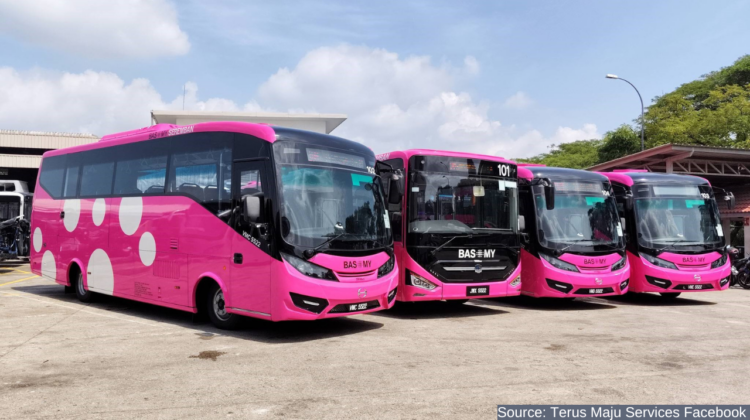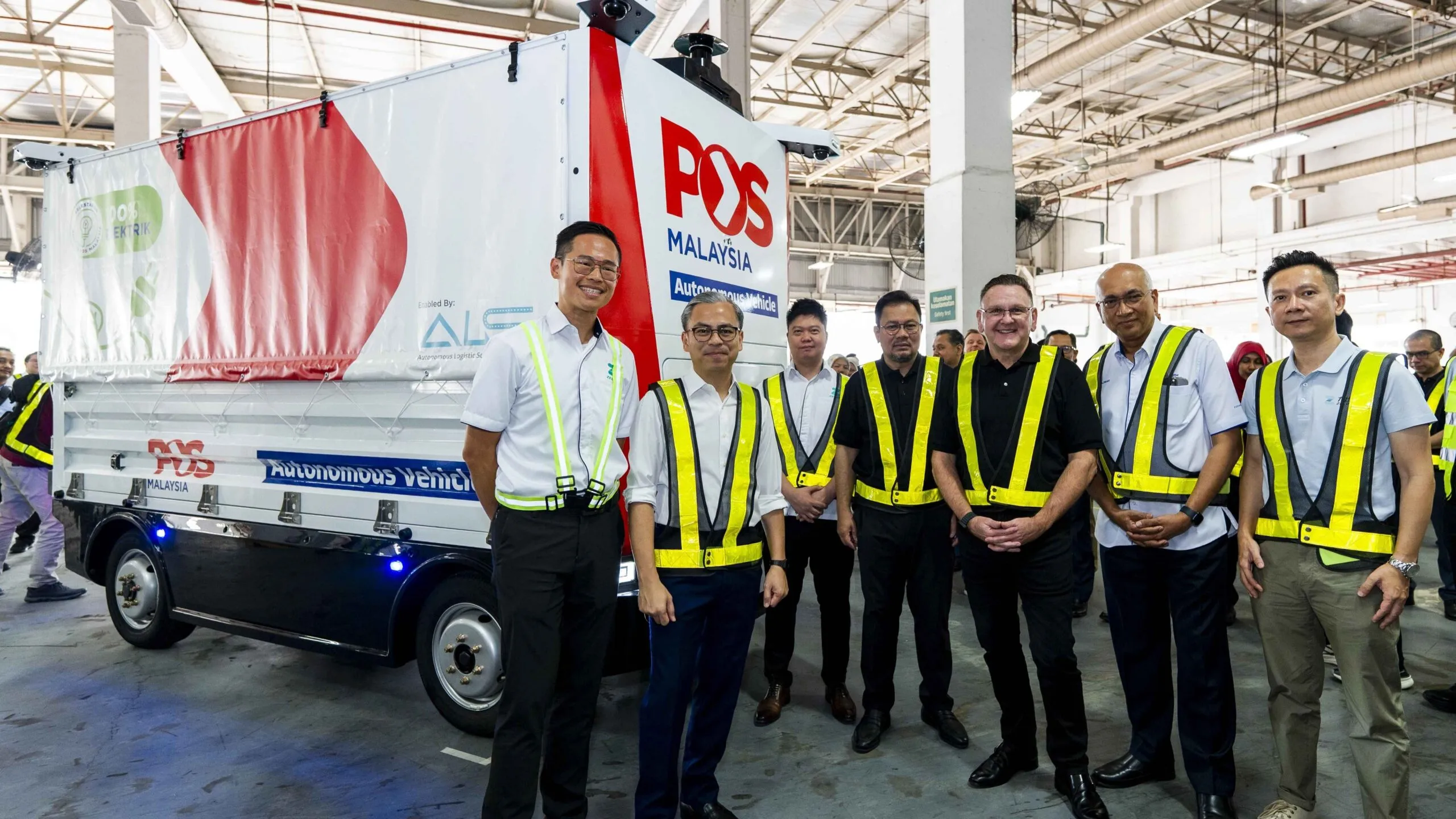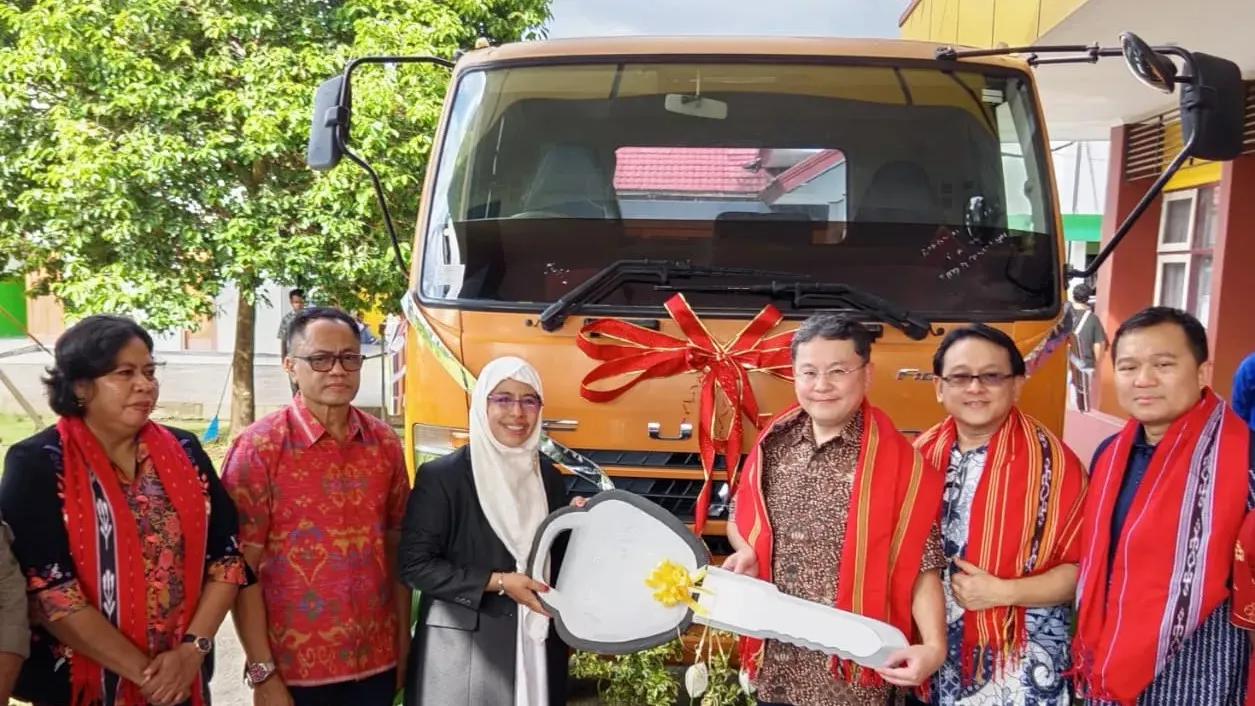Kota Kinabalu’s SBST launches in 2026 with Jesselton Link routes, new buses, and RM88M investment to ease traffic and boost urban mobility.
SBST Will Also Provide Employments in Kinabalu
The Stage Bus Service Transformation (SBST) programme is set to be launched in Kota Kinabalu. Hailed as the city’s “most significant public transport initiative”, the SBST programme marks the new era of urban mobility in Kinabalu.
Datuk Ramli Amir, former president of the Chartered Institute of Logistics and Transport (CILT) Malaysia, said the programme aimed to revolutionise how residents travel across the city, as, currently, 97 per cent of Kota Kinabalu residents rely on private vehicles.
The situation needs to be addressed quickly, and, therefore, the approval from the Ministry of Transport (MoT) and an annual allocation of RM17.6 million for Phase One are important to reduce traffic congestion along major arteries such as Tun Fuad Stephens Road and the Coastal Road.
“The city’s transport situation ‘as the death of public transport in Kota Kinabalu’, points to
years of policy neglect, fragmented services, and uneven coverage that particularly disadvantage the elderly and vulnerable populations,” he said, as reported by Bernama news agency.
“SBST, scheduled for implementation next year (2026), introduces a passenger-focused system under the rebranded BAS.MY, replacing fare-based commercial operations with a gross cost model where the government pays operators directly based on service delivery.”
“Phase One features eight routes under the Jesselton Link brand, with KK Sentral as the central hub connecting key areas including UMS-Lintas, Manggatal, Penampang, and KepayanLintas,” he added.
According to Ramli, stage buses in Kinabalu will be equipped with Global Positioning System (GPS) for real-time monitoring, electronic ticketing, air conditioning, and accessibility features.
“Operational improvements ensure buses run at 30- to 60-minute intervals, with performance-based incentives for operators,” he explained.
“Collaboration is central to the programme’s design. Commercial Vehicle Licensing Board (CVLB), Kota Kinabalu City Hall (DBKK), private operators, and community representatives have worked closely to ensure the system meets real commuter needs,” added Ramli.
Not only revolutionising how residents travel, the SBST is also expected to generate employment within the city as the programme will require new drivers, technicians, and customer service staff. It will also support local industries in maintenance, technology, and infrastructure.
“Socially, the system improves connectivity for previously underserved suburbs, reduces transportation costs, and promotes inclusivity through concessions for students, seniors, and persons with disabilities, while environmental benefits include lower emissions and improved air quality,” Ramli said.
Phase One is the first step of a five-year, RM88 million investment plan covering eight routes and 48 buses. It can potentially expand to integrate surrounding areas, improve frequency, and enhance technology.








